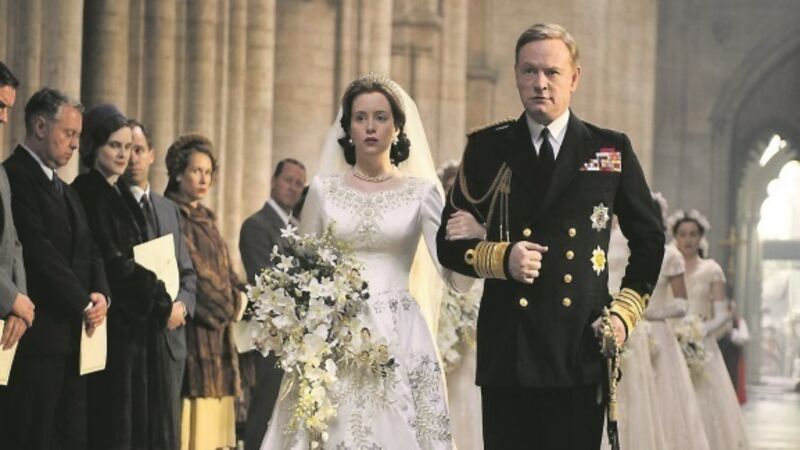Jared Harris has a role fit for a king

JARED Harris did not consider himself a natural candidate to play the King of England. The 55-year-old is the son of Richard Harris, the gadfly actor, proud Limerick man and avowed republican. Yet in Netflix’s $100m new British royalty drama The Crown, Harris the younger delvers a deeply sympathetic portrayal of George VI, Britain’s wartime regent and father of Elizabeth II. Richard might have been left speechless.
“My father was the opposite of all that,” Harris tells me. “He was nationalist, a republican, he believed in a unified Ireland and spoke very passionately about that.”








